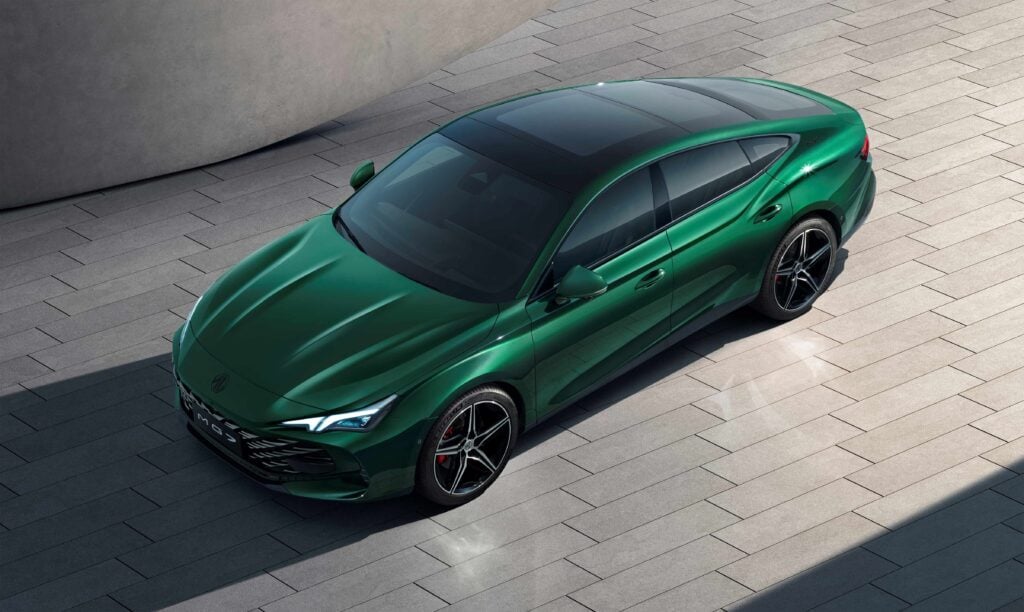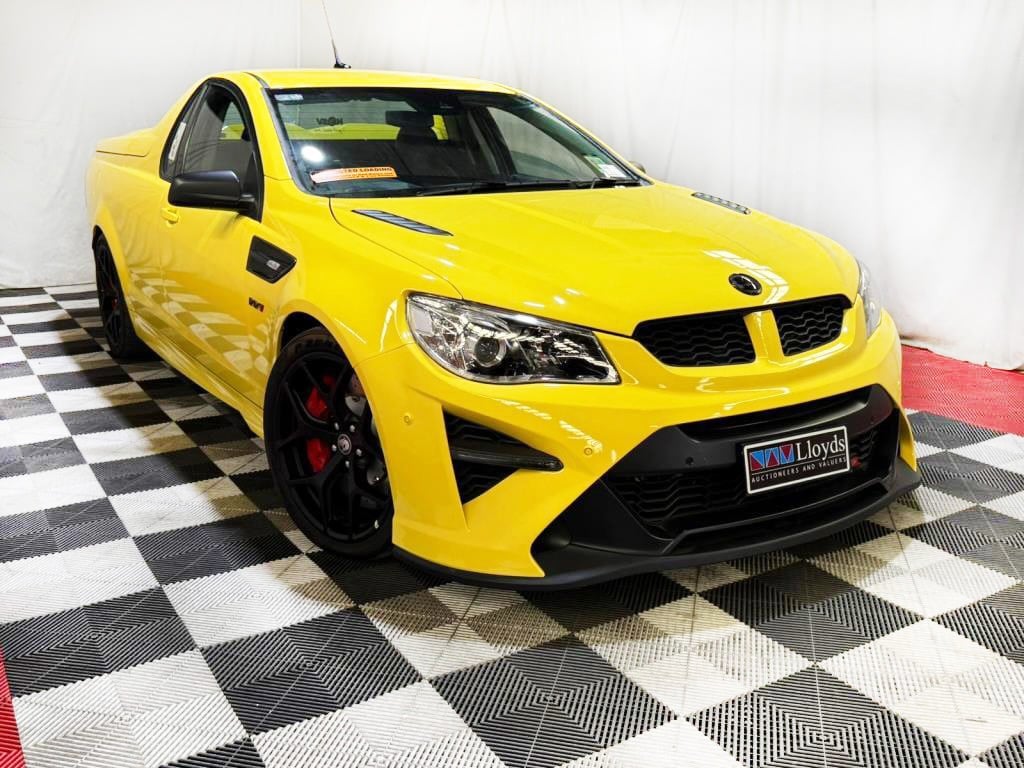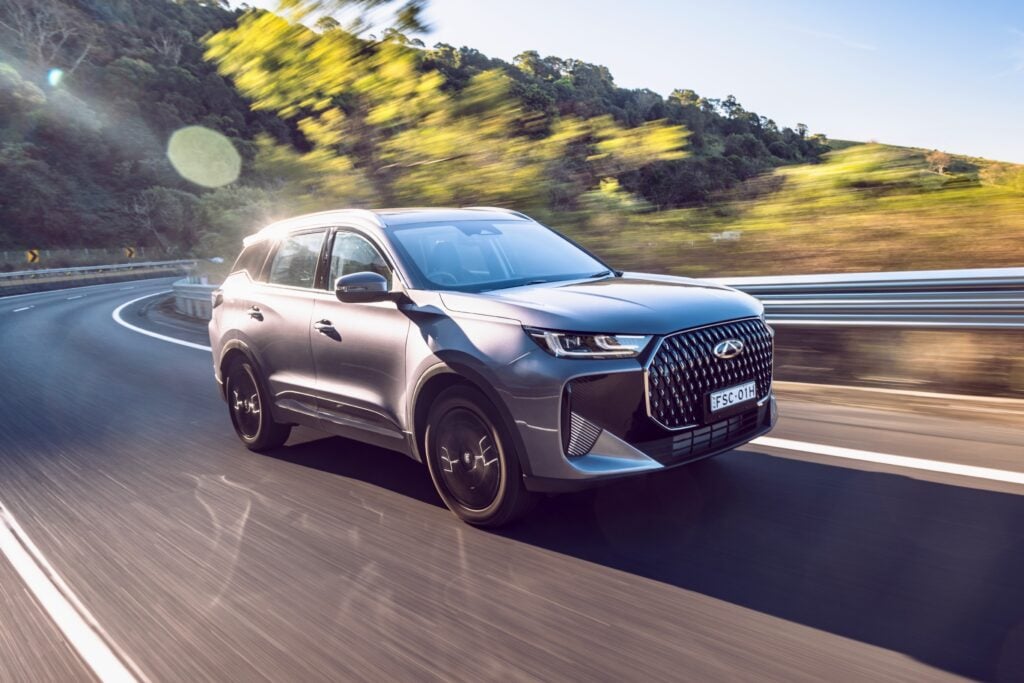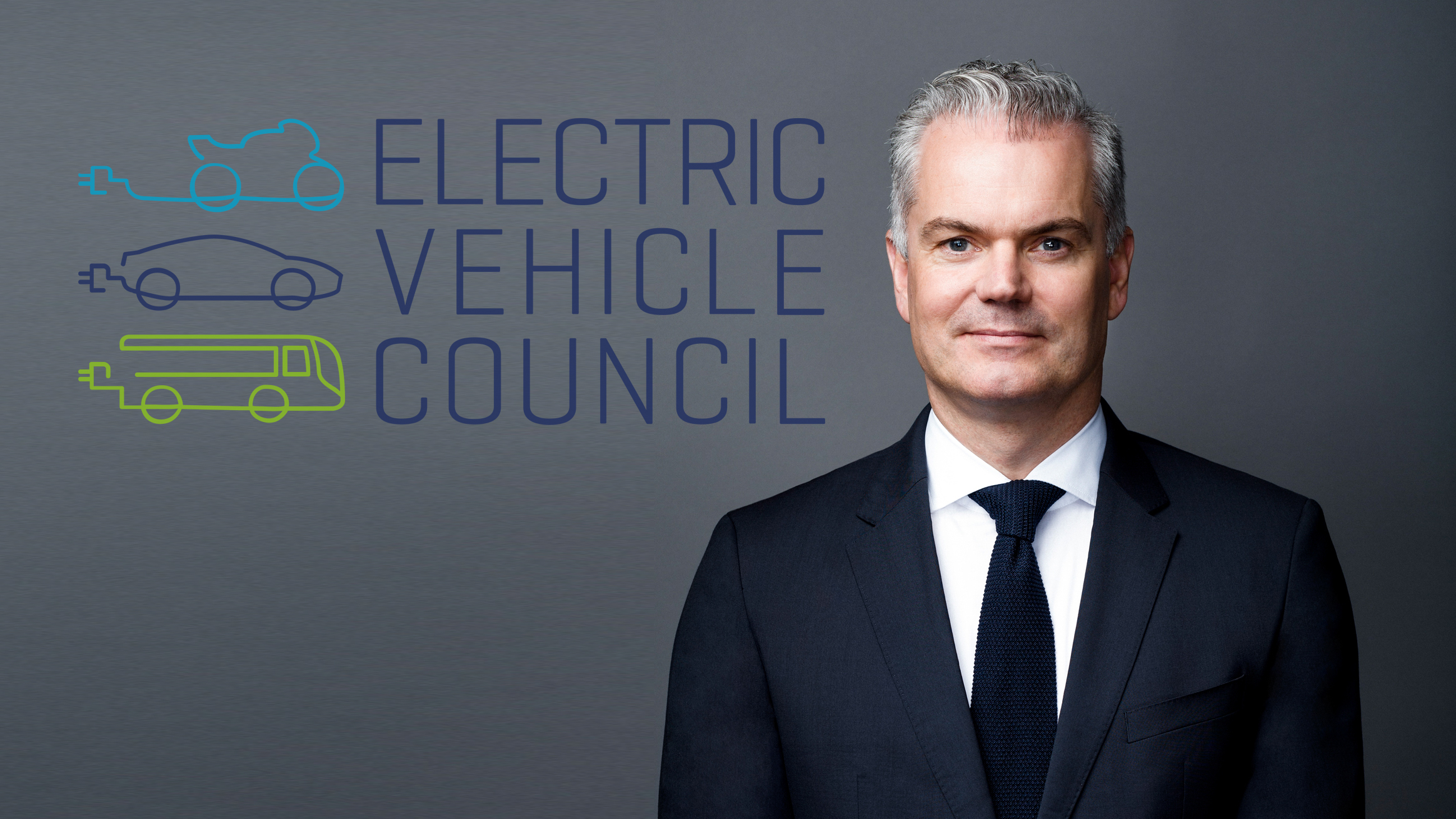
Volkswagen Group Australia (VGA) Managing Director, Paul Sansom, has been elected to the board of the Electric Vehicle Council this week, just five months after succeeding former VGA boss Michael Bartsch – an outspoken proponent for improving Australia’s fuel quality, introducing CO2 emissions regulations and incentivising EV uptake.
In joining the board of the EV Council, Sansom says he will continue the mission of campaigning for emissions reduction targets and charging infrastructure, describing electric vehicles as “the (emphasis VGA’s) form of personal mobility to meet the demands of urbanisation, sustainability and digitalisation – the three prevailing and irrevocable mega trends of life in our time”.
“Already Australia’s primary importers of European passenger vehicles, VGA will become the most significant source of electric vehicles in this country,” Sansom said.
“VGA has done much to drive public and political awareness of EVs and will work more closely than ever with the EV Council, which has been the most effective industry body in this sphere.”
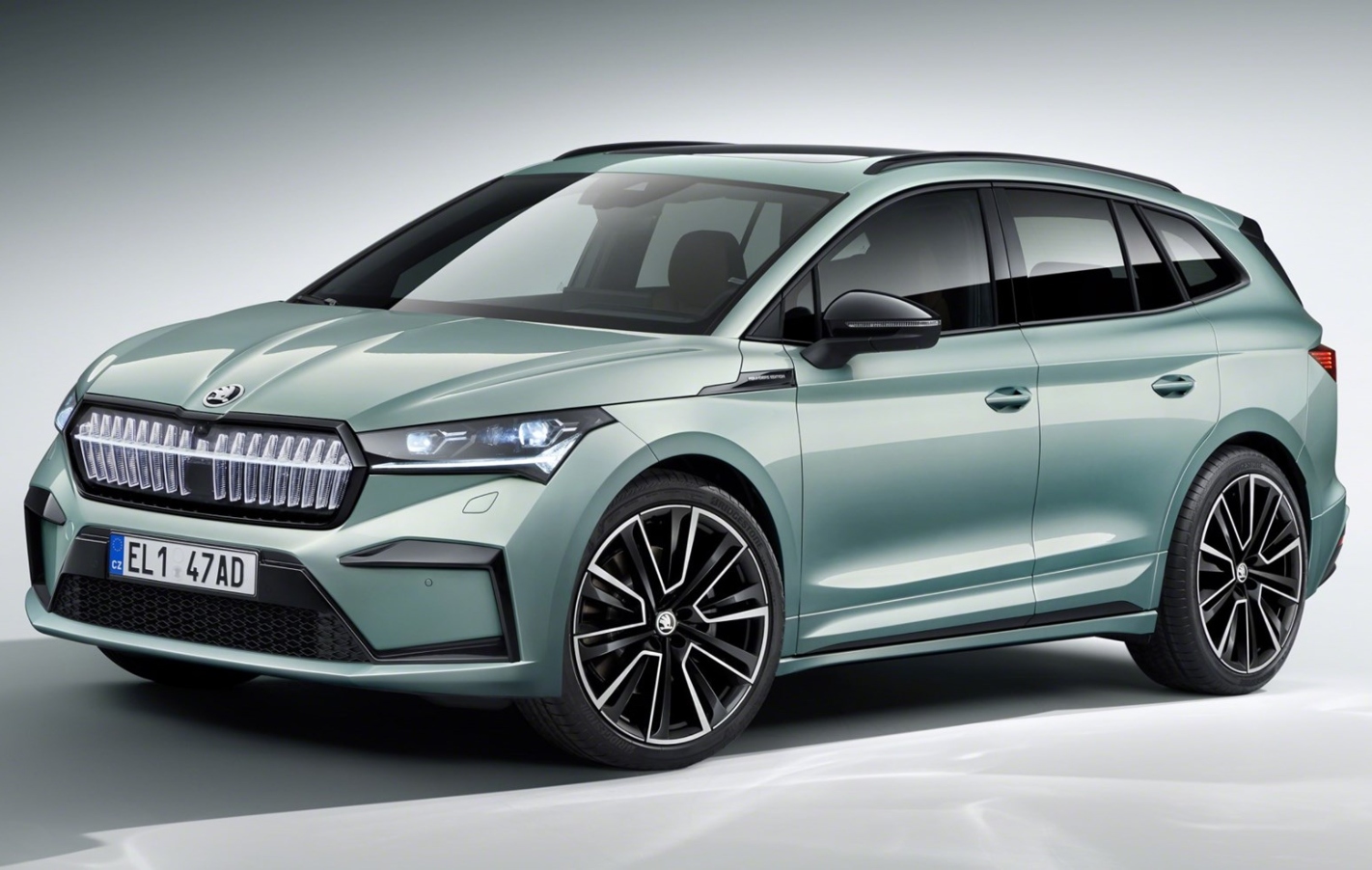
Sansom’s comments could be interpreted as a swipe at local market leader Toyota, which still prioritises conventional hybrid models over full electrification – having only recently launched its Lexus UX EV and NX450h+ PHEV models. Although an important early pioneer with its hybrid technology, Toyota has otherwise stayed out of the conversation to move Australian motoring closer to an electric future.
In the years since the ‘Dieselgate’ saga tore through the Volkswagen Group’s reputation (if not its sales figures), the company has pivoted to transform its electrification plans into one of the global market’s most significant offerings. The group has said it will go all-electric in Europe by 2035, and has already launched a number of electric models through the Volkswagen ID, Audi E-Tron, Skoda iV and Cupra lines.
Australian buyers can already get into an Audi E-Tron SUV, and the E-Tron GT liftback sedan will arrive this year. The Cupra Born has been confirmed for Australia – although timing is still to be confirmed – and the Skoda Enyaq will become available to order in 2023.
The Volkswagen brand’s ID models remain conspicuously absent from the local line-up, having been held back first by regulations and demand in Europe (prioritised over an unincentivised Australian market), then by Covid and now with delays caused by Russia’s invasion of Ukraine.
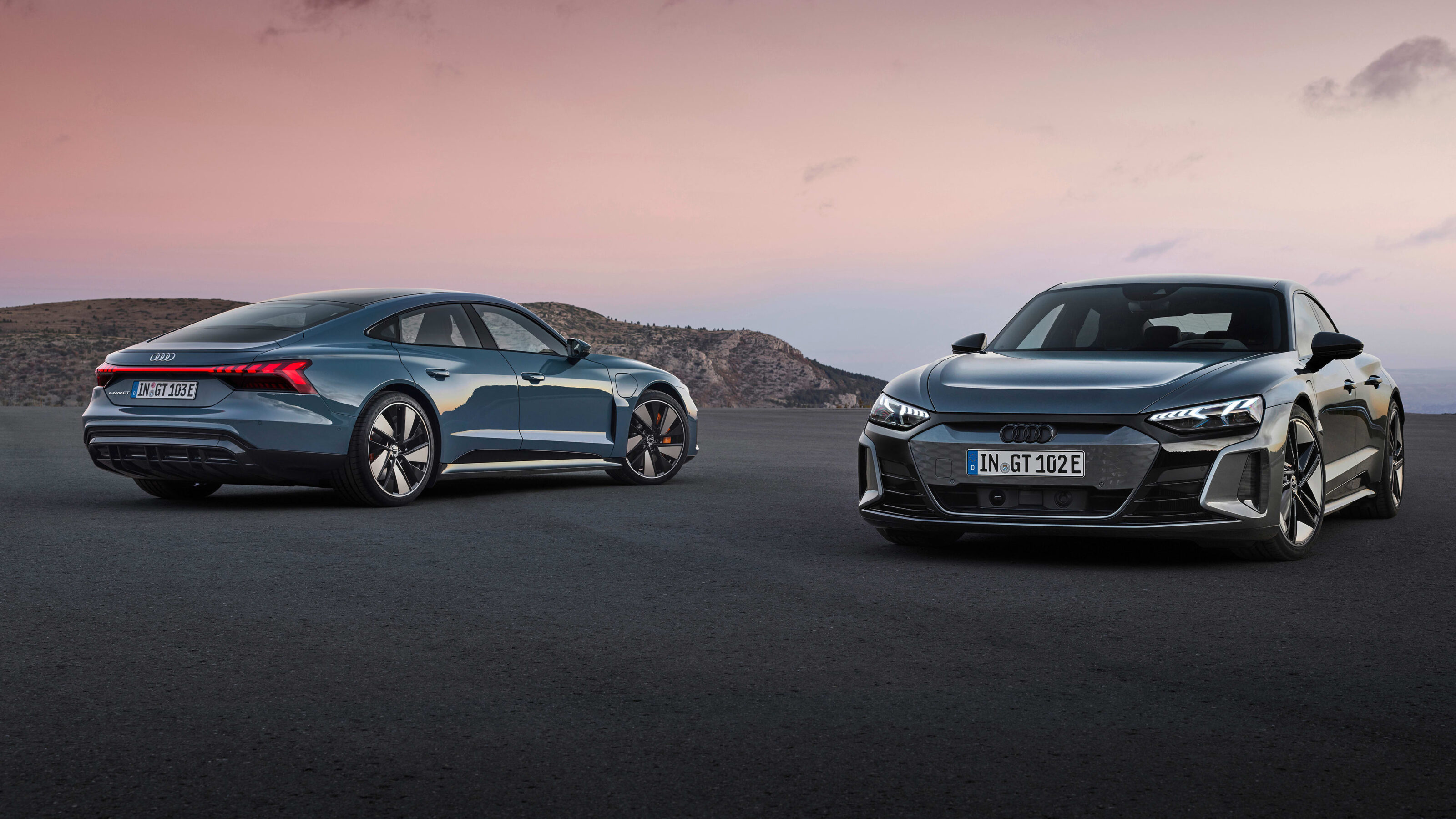
Speaking with WhichCar.com.au today, Volkswagen Group Australia communications boss Paul Pottinger said: “the impact of global issues on production is as frustrating to the brands in our group as it is to customers – but when we (the ID brand and wider group electrification) arrive, it will be with a bang”.
As for timing, Mr Pottinger said it would be “misleading” to offer any view on when the ID brand will arrive in Australia.
Speaking at last week’s Green Building Council’s Transform 22 summit, where he gave the keynote address, Paul Sansom said a zero-emission fleet “is a non-negotiable pre-condition” for the future.
“For by far the greater part of the time EVs will charge at work or home, meaning that we are for the first time being liberated from the necessity of traditional ‘filling’ stations. The creators of our built environment will provide accessible and efficient home charging. This will be the greatest enabler of zero emission vehicle ownership,” Mr Sansom said.
“Neither new houses nor new apartment buildings will be feasible without easy access to renewable EV charging; no more so than a home without internet access. There can be no doubt that the lack of such facility will negatively affect the value of property.”
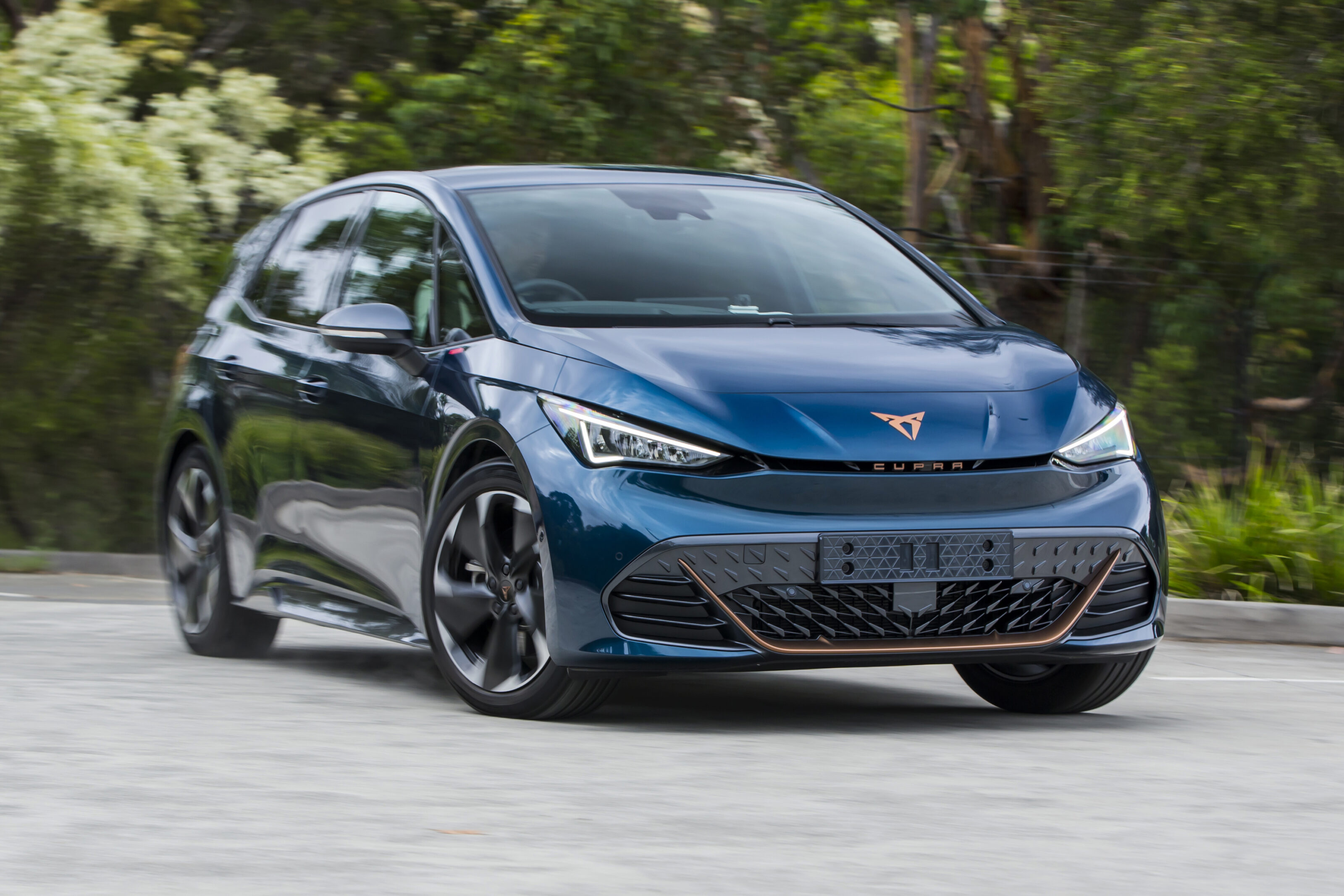
We recommend
-
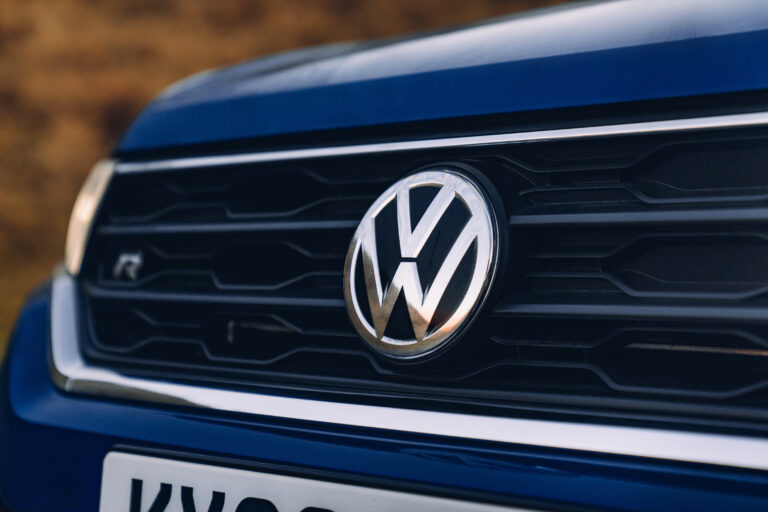 News
NewsVolkswagen Group Australia Managing Director Paul Sansom steps down after less than a year
Paul Sansom has left the Volkswagen Group in Australia after just 11 months in the top job
-
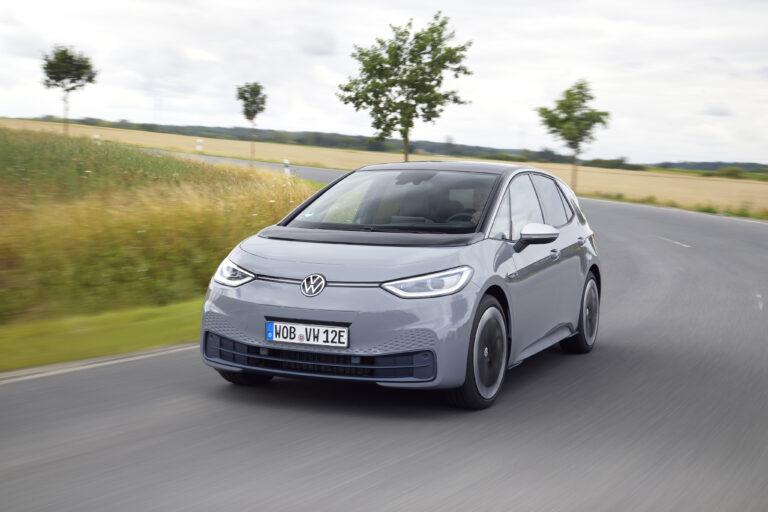 News
NewsVolkswagen Australia boss calls for home EV charging support
Future vehicles should inspire private infrastructure changes, says new VW boss
-
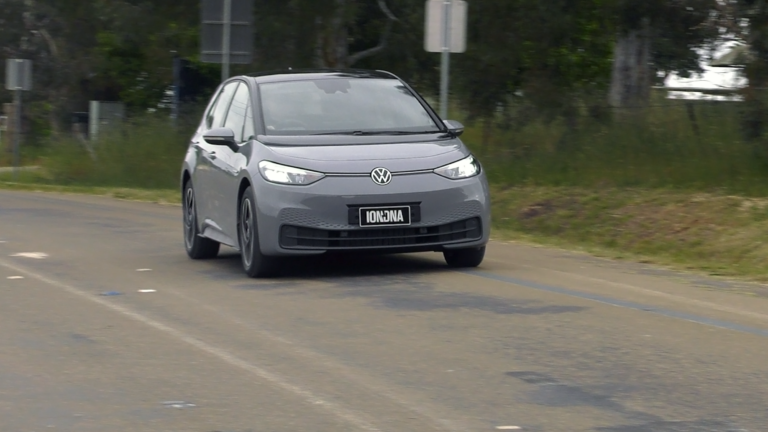 Reviews
Reviews2022 Volkswagen ID.3 Pro review: Australian first drive
The car VW hopes will become as iconic as the Beetle and Golf isn’t due to go on sale here until 2023 at the earliest, but Jez has the keys to a grey import…


